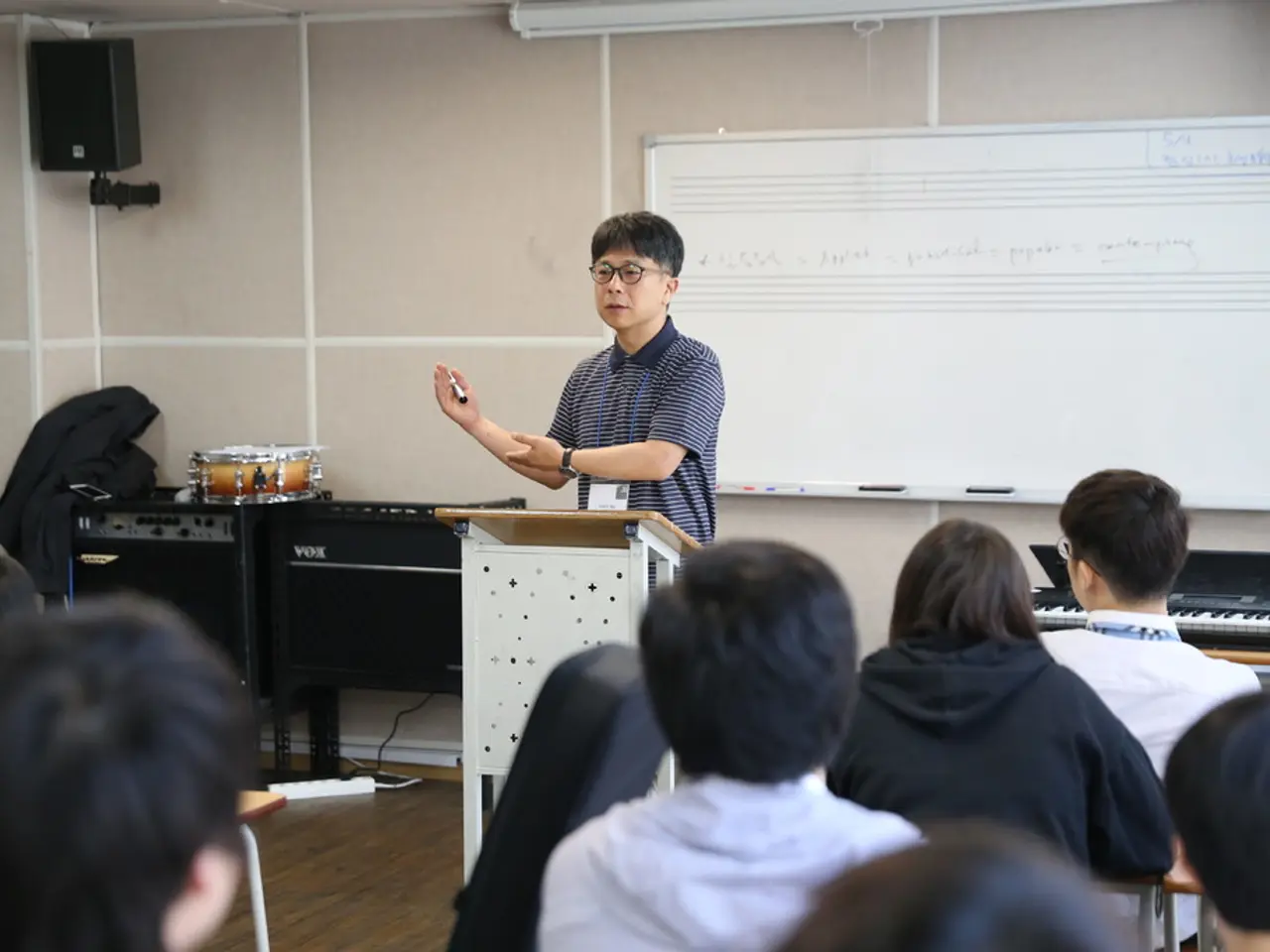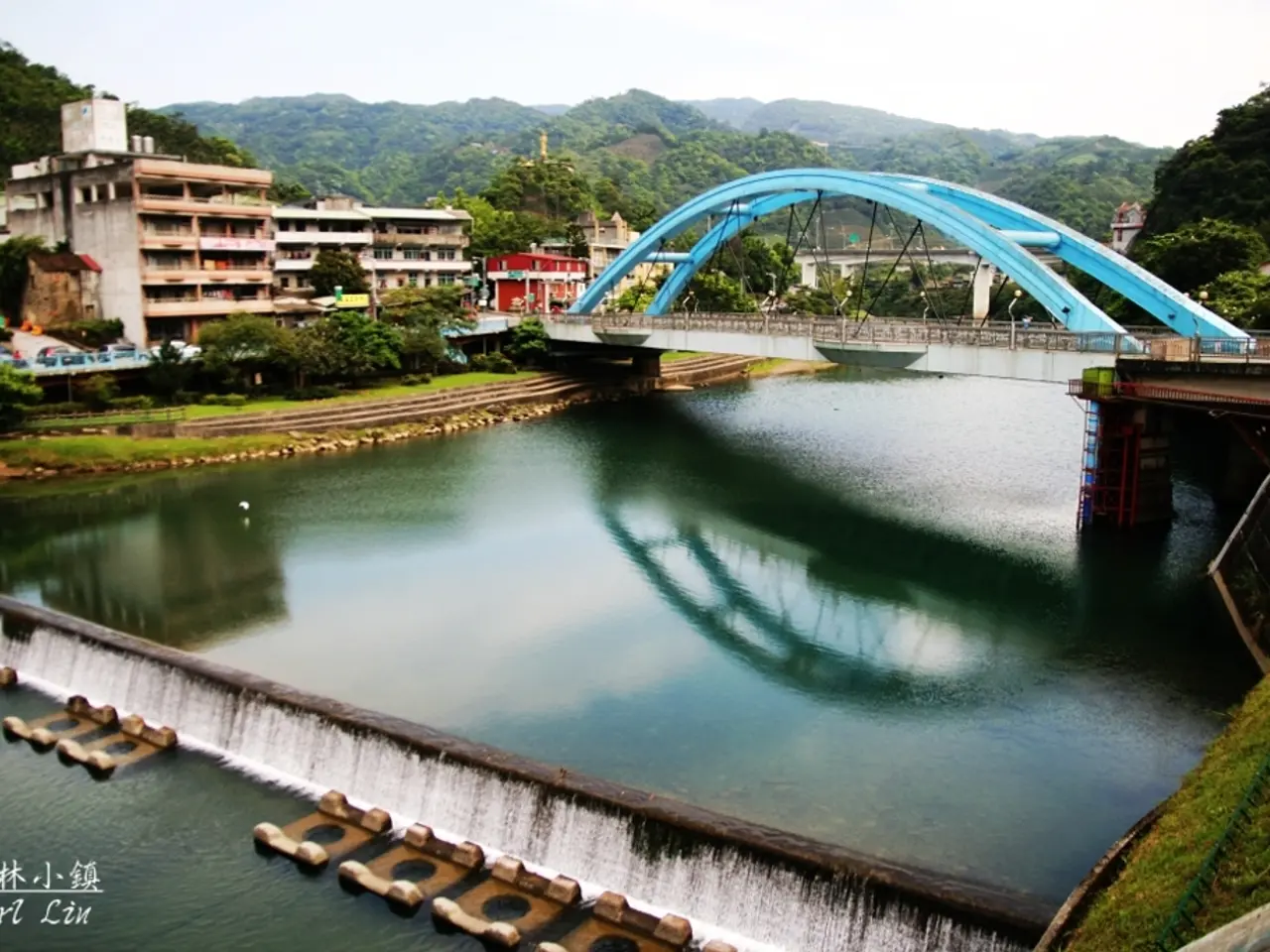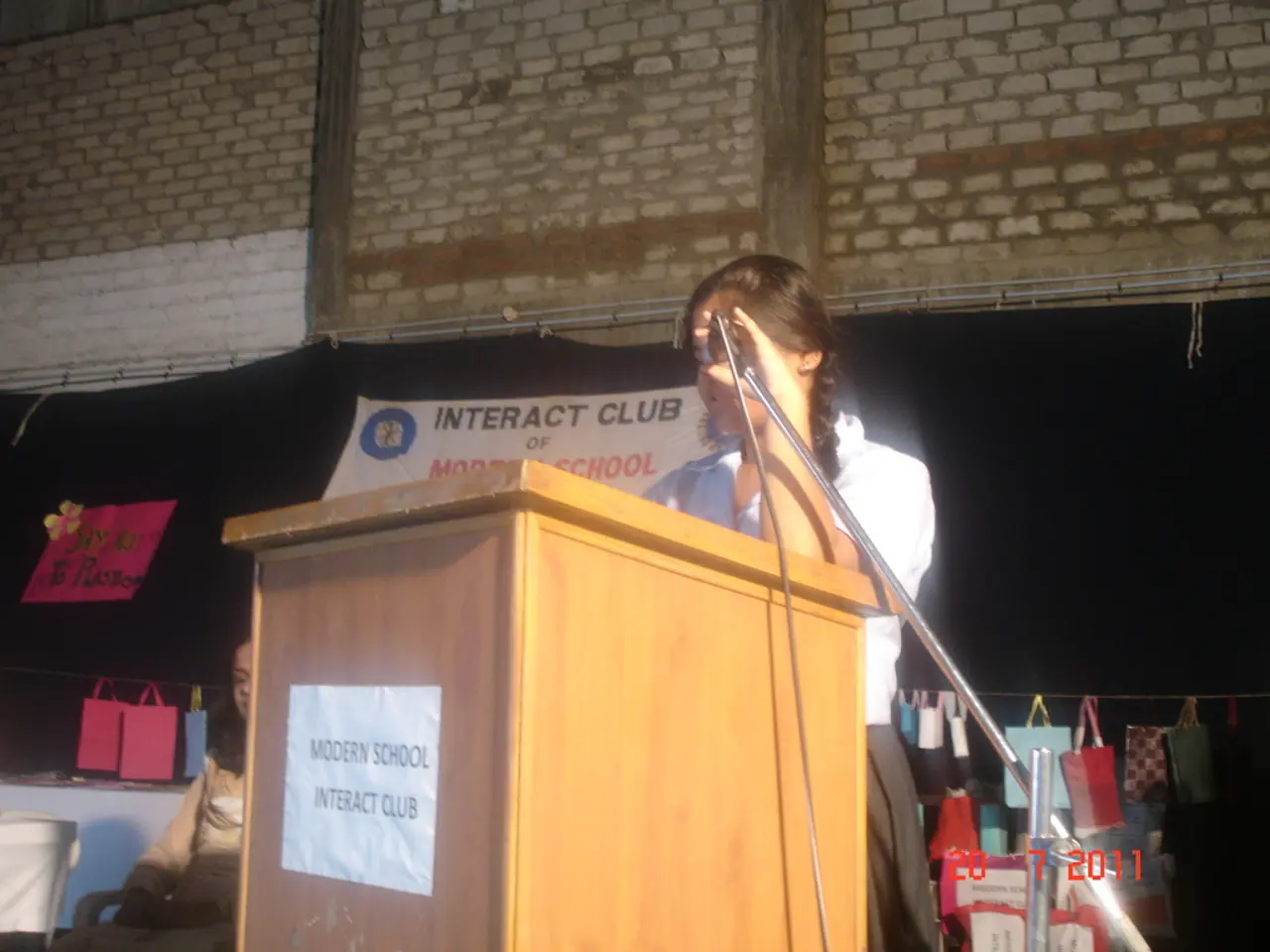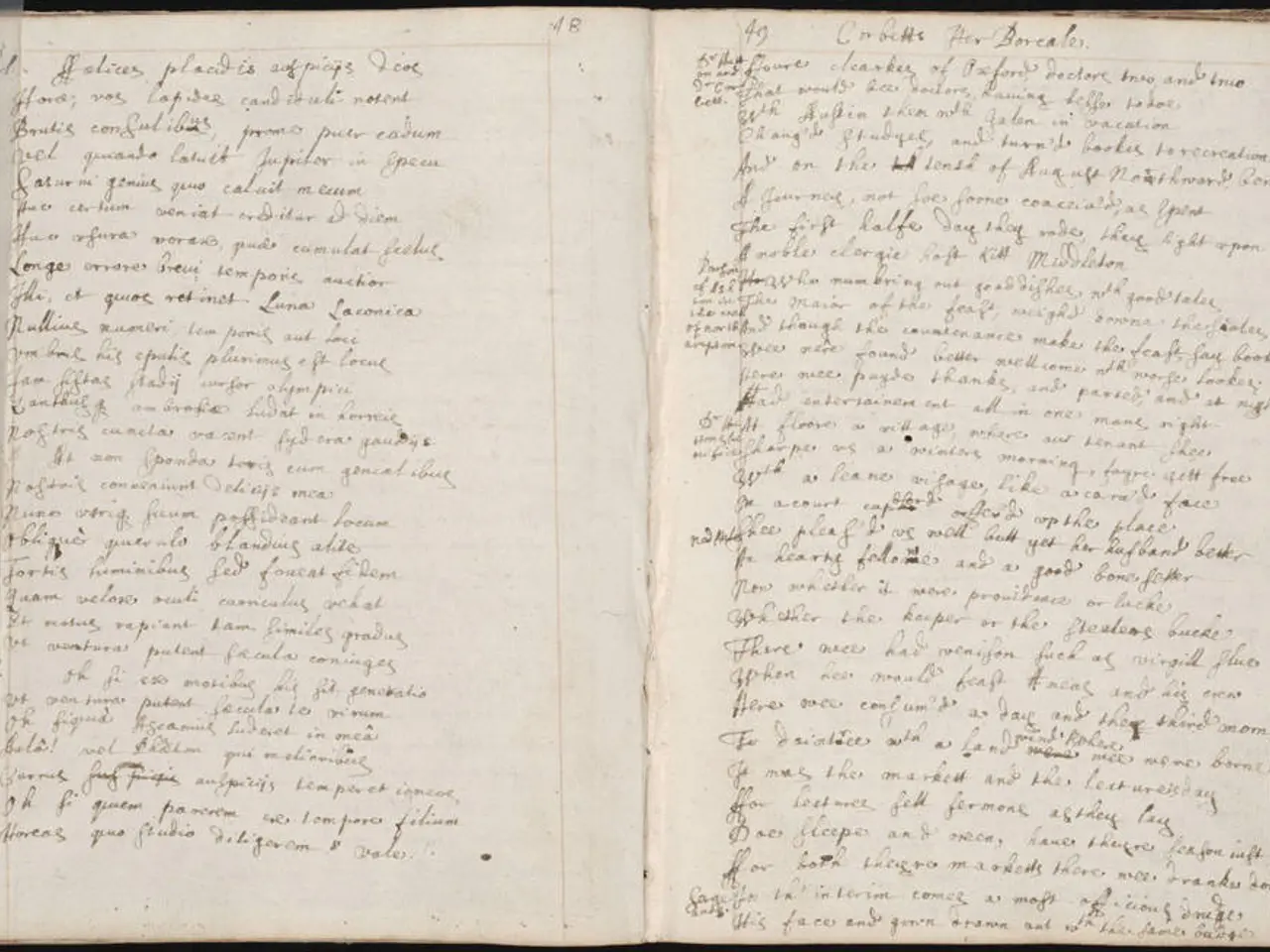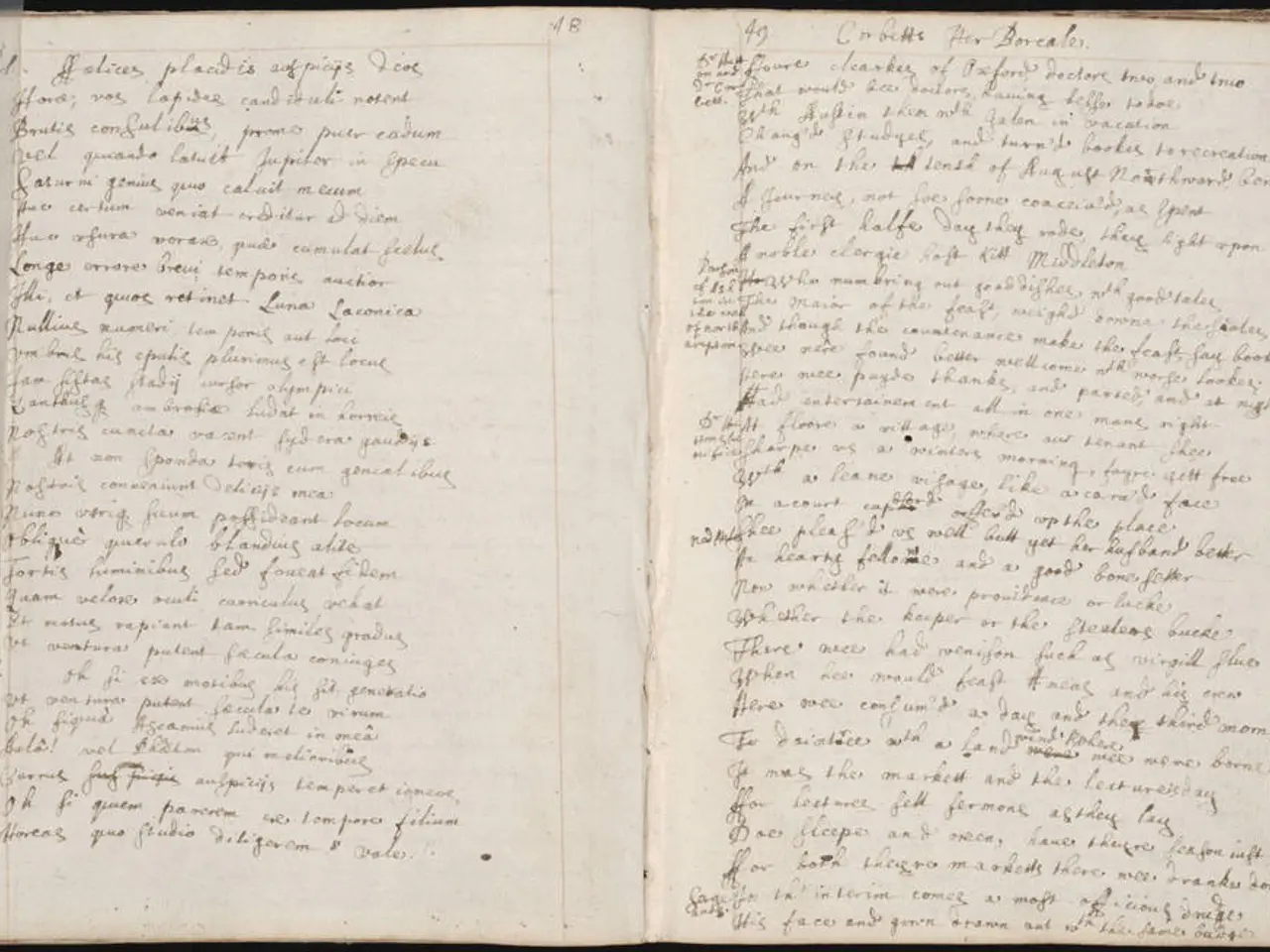Dodik, the Bosnian Serb leader, has been ousted from his position.
Milorad Dodik, the President of the Republika Srpska, has been removed from office following his conviction and sentencing to a year in prison. This decision, made by the Central Election Commission (CIK) in Sarajevo, carries significant political and institutional implications for Bosnia and Herzegovina.
Power Vacuum and Political Instability in Republika Srpska
Dodik, a dominant political figure in Republika Srpska, has led the region for many years. His formal ousting, accompanied by a six-year ban from political office, has created a power vacuum that could lead to political instability within the Serb-majority entity. Dodik's rejection of the ruling's legitimacy increases the risk of a serious governance crisis, intensifying ethnic and political tensions.
Escalation of Ethnic and Political Divisions
Dodik's nationalist and separatist stance has already strained relations within Bosnia's complex federal system. His conviction and removal may deepen divisions between the Serb entity and the central Bosnian government, increasing the potential for conflict or deadlock in state-level institutions.
Reaffirmation of Rule of Law and International Oversight
The conviction stems from Dodik’s defiance of rulings from the High Representative, an international official overseeing the 1995 Dayton Peace Agreement that ended the Bosnian War. The court’s enforcement of its ruling signals attempts to uphold Bosnia’s legal framework and the authority of international peace mechanisms, supported by the EU’s call for respect for the verdict and judicial independence.
Potential for Regional and International Repercussions
Dodik’s close ties with Serbia and Russia and his open defiance of EU-backed institutions mean his removal could trigger broader geopolitical responses, influencing Bosnia’s stability and EU integration process.
Legal and Appeal Process
Accompanying the one-year prison sentence, Dodik is barred from holding political office for six years. Dodik has announced his intention to appeal the removal of office at the appellate court, and his lawyer, Goran Bubic, has confirmed this intention. The current status of Dodik's appeal is unclear.
The removal was made in accordance with a law that states elected representatives lose their position upon a conviction of more than six months imprisonment. Dodik was convicted in the first instance for enacting two laws that prohibited the implementation of decisions by the United Nations High Representative for Bosnia and Herzegovina. Dodik has declared that he has not committed any crime punishable under the laws of Bosnia-Herzegovina.
Crisis in Bosnia-Herzegovina
Observers have noted that Dodik's conviction sparked the largest crisis in the Balkan state since the Bosnian War (1992-1995). Thousands of Dodik's supporters demonstrated against his verdict, indicating the depth of his political influence and the potential for further unrest.
In summary, Dodik’s removal creates a volatile situation where legal authority and political loyalty clash, threatening Bosnia and Herzegovina’s fragile peace and governance. How Dodik’s supporters, Republika Srpska institutions, Bosnia’s central government, and international actors respond will be critical to avoiding deeper crisis.
Possible Changes in Community and Employment Policies
The power vacuum left by Dodik's removal and subsequent ban from political office could lead to shifts in community and employment policies within Republika Srpska, as new leaders take on his former roles.
Impact on Policy Decisions and General News
Dodik's conviction and removal, in connection with his defiance of EU-backed institutions and war-and-conflicts-related rulings, could influence policy decisions across Bosnia and Herzegovina and have broader implications for general news, particularly in the context of regional and international politics.
